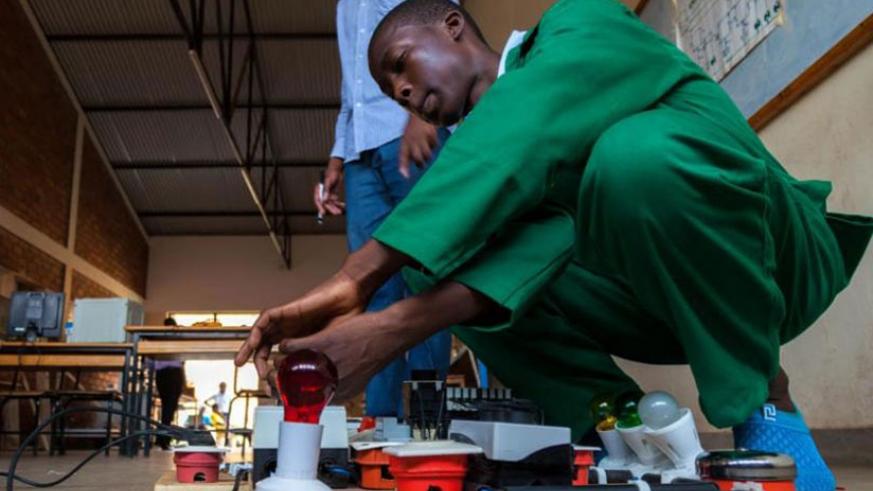Activate idle TVETs, boost enrolment and curb tax waste

Technical and Vocational Education and Training (TVET) institutions exist to accelerate Kenya’s industrial and economic growth by providing relevant skills and competencies in strategic disciplines in various sectors.
However, enrolment in TVETs remains low due to persistent negative attitudes by Kenyans driven by the obsession with degree courses and white-collar jobs. Since they do not offer degrees, the courses offered by TVETs are shunned by many who see them as not being lucrative.
Yet in 2019, only 17 per cent of students who sat the Kenya Certificate of Secondary Education (KCSE) qualified to join post-secondary institutions offering degree courses. This leaves TVETs offering non-degree courses to absorb about 80 per cent of learners completing secondary education annually.
The situation is compounded by the 100 per cent transition policy introduced in 2018, leading to a surge in the number of students joining secondary schools. After going through the Kenya Certificate of Primary Education (KCPE), all students are enrolled in secondary schools unlike in the past when many dropped out.
This month, 830,000 students are sitting the KCSE exam. In December, another cohort will sit the same test under the fast-tracked academic calendar following the close to one-year Covid-19 break. This translates to more than 1.2 million Form Four leavers not qualifying to join university this year alone.
Last year, only 600,000 students who attained Grade C and below were admitted to TVETs, leaving about 500,000 others cut off from pursuing further education to sharpen their skills for future careers.
Apart from the prevalent poor perception of TVET courses as being inferior to university degrees, students are conditioned to think the so-called blue-collar jobs such as plumbing and carpentry are for ‘failures’ in life. We need to discard such fallacies and realise vocational training offered by technical institutes is a critical component of human capital development required for the country to attain industrial status under Vision 2030.
The State is to be commended for massive investment in upgrading TVET infrastructure and boosting enrolment over the last decade.
Unfortunately, a January report by the Auditor General reveals that notwithstanding colossal expenditure of taxpayers’ money in revamping the TVET sub-sector, many technical institutes remain non-operational either because they are incomplete or are yet to sign up students despite having all the required facilities.
Most of the cases involve sheer corruption and ineptitude that is robbing youth of an opportunity to develop skills in readiness to be productive economic actors and members of society.
In one case, a contractor was paid more than Sh50 million upfront being 80 per cent of the contract sum but is yet to complete construction. Another contractor had received more than Sh200 million when the building collapsed due to shoddy work. In another intriguing case, the buildings were fully equipped with furniture and other learning amenities which are now rotting because there are no students.
Meanwhile, the non-operational institutions continue to receive Sh2 million annually as subsidies for non-existent students. At a time when more than 600,000 youth who have completed secondary education are idling away in our towns and villages, unable to access and acquire much-needed vocational skills to improve their lives, such wanton mismanagement and embezzlement of public resources should be severely punished. The completed institutions should be immediately opened to create room for more students to be admitted.
Soon after he is appointed the TVET Principal Secretary, Dr Julius Jwan promised those keen on joining the institutions would not be admitted based on grades attained in national exams but the desire to acquire vocational skills. If implemented, this would go a long way in enabling youth to develop skills and realise full potential.
Crucially, we must begin to align the Competency-Based Curriculum (CBC). The beauty of CBC is that it recognises the competencies and skills of learners regardless of their performance in exams. This will assure continuous development of the right skill-sets for an industrial economy.
Kenya being a party to the global Sustainable Development Goals, there is a need to step up the quest for inclusive education — providing real learning opportunities for groups that have traditionally been excluded by the education system.










